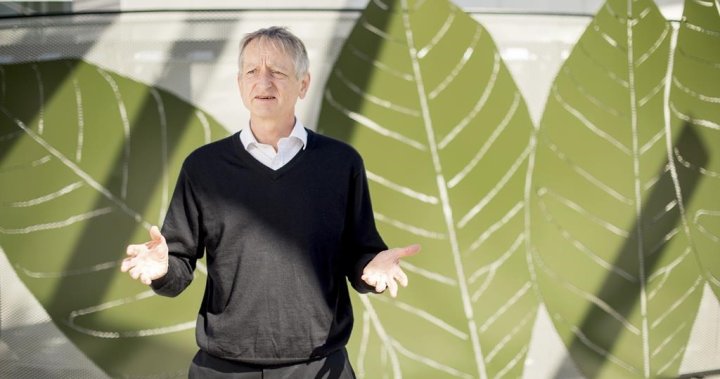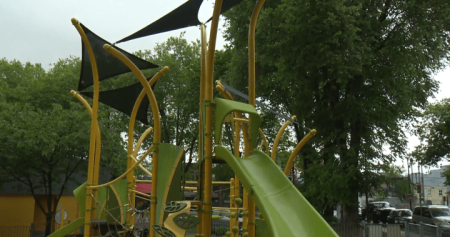British-Canadian researcher Geoffrey Hinton has won the Nobel Prize in physics for his work developing the foundations of machine learning and artificial intelligence. Along with Princeton University researcher John Hopfield, Hinton was recognized for their foundational discoveries and inventions that enable machine learning with artificial neural networks. These networks use fundamental concepts from statistical physics to design artificial neural networks that function as associative memories and find patterns in large data sets. The Royal Swedish Academy of Sciences noted that these networks have advanced research in physics and have become part of our daily lives, such as in facial recognition and language translation.
While the Nobel committee honored the science behind machine learning and artificial intelligence, they also highlighted the potential downsides of rapid technological advancement. Ellen Moons, a member of the Nobel committee, mentioned that while machine learning has enormous benefits, its rapid development has raised concerns about the future. She emphasized that humans have a collective responsibility to use this new technology in a safe and ethical way for the greatest benefit of humankind. Hinton himself shares these concerns, having quit a role at Google to freely speak about the dangers of the technology he helped create. Despite his worries about possible negative consequences, particularly the threat of things getting out of control, he still believes in the importance of his work.
Hinton’s recognition with the Nobel Prize in physics reflects the significant impact that machine learning and artificial intelligence have had on society. These technologies have revolutionized various fields, from research in physics to everyday applications like facial recognition and language translation. The foundational discoveries made by Hinton and Hopfield have paved the way for further advancements in the field of artificial intelligence, pushing the boundaries of what is possible with machine learning. However, as these technologies continue to evolve, it is essential for society to consider the ethical implications and ensure that they are used responsibly for the benefit of all.
The cash award that comes with the Nobel Prize serves as a testament to the significance of Hinton and Hopfield’s contributions to the field of machine learning and artificial intelligence. By recognizing their work, the Nobel committee is shedding light on the importance of continued research and innovation in this area. Hinton’s willingness to speak out about the potential dangers of these technologies demonstrates the need for open dialogue and responsible use of artificial intelligence. As society grapples with the implications of rapid technological development, it is crucial for researchers, policymakers, and the public to work together to ensure that these advances are used for the greater good.
Overall, Geoffrey Hinton’s Nobel Prize win highlights the intersection of technology, ethics, and responsibility in the field of artificial intelligence. While the advancements made in machine learning have the potential to improve lives and drive innovation, there are also significant risks that must be considered. By acknowledging the foundational work of Hinton and Hopfield, the Nobel committee is encouraging further exploration of artificial intelligence while urging caution and ethical considerations in its development. As we navigate the complex landscape of emerging technologies, it is essential to prioritize the well-being of society and ensure that these tools are used to benefit humanity as a whole.















